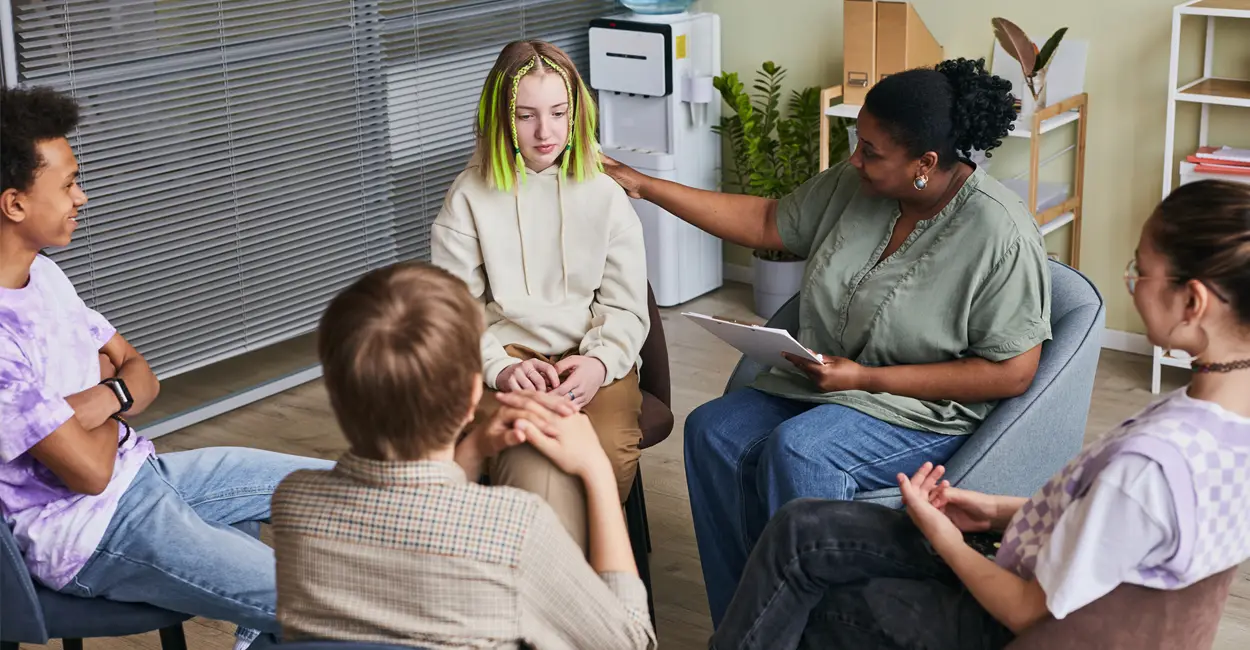24/7 Helpline:
(866) 899-111424/7 Helpline:
(866) 899-1114
Learn more about Substance Abuse Treatment centers in Marion

Other Insurance Options

Sutter

AllWell

American Behavioral

GEHA

Cigna

Amerigroup

PHCS Network

BlueShield

Carleon

Premera

BHS | Behavioral Health Systems

Medical Mutual of Ohio

CareFirst

Health Partners

Lucent

Aetna

MVP Healthcare

WellCare Health Plans

WellPoint

Sliding scale payment assistance












